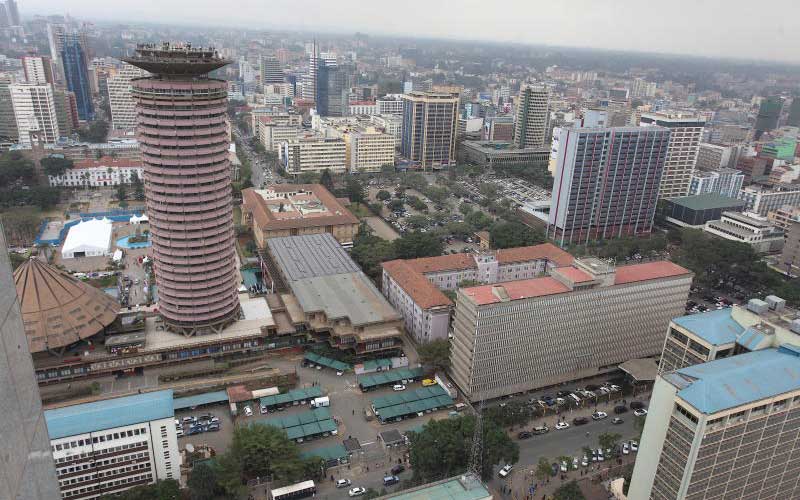
The aftermath of devolution was supposed to be community pride. With each county making economic strides, leading to higher standards of living, citizens in the regions should be as proud of their counties and communities as Nairobians, who are treated as better citizens.
Nairobians are very proud of themselves, perhaps because they are treated with awe by rural folk who do not know enough of the reality of living in the city. To the rural folk, Nairobi is full of fun and money is plenty. The truth is that only a few make enough money in the city and the skyscrapers do not signify money.